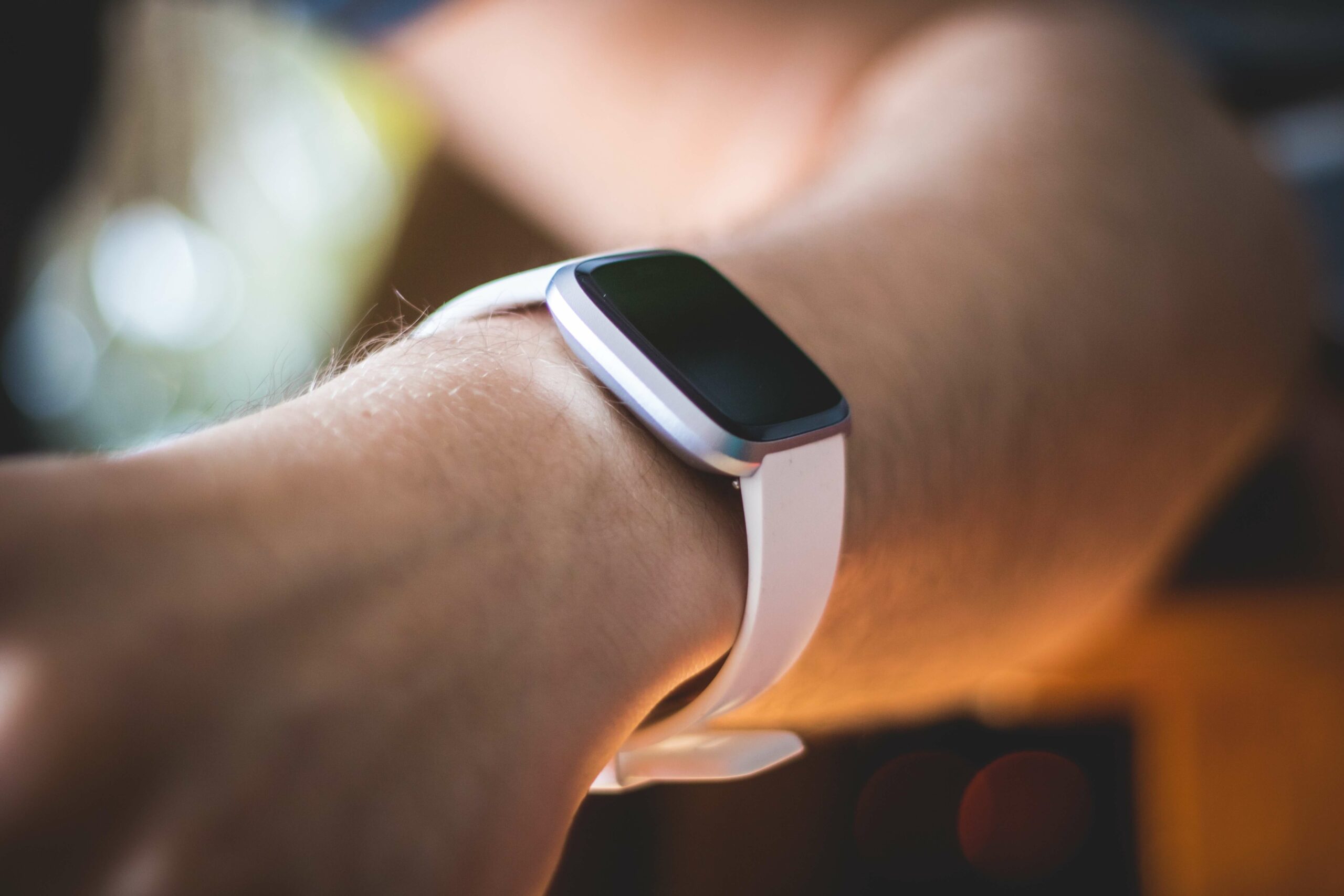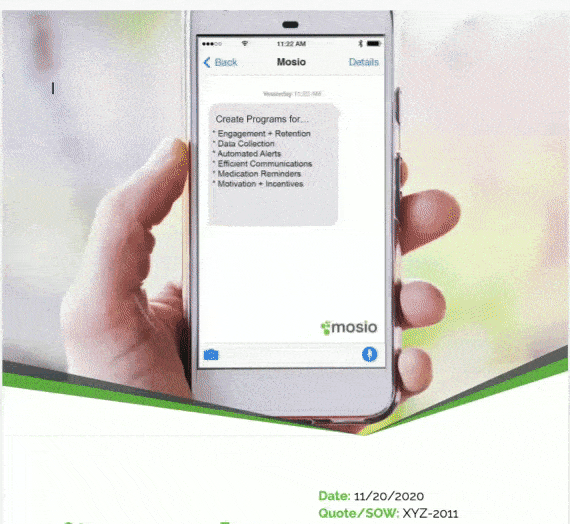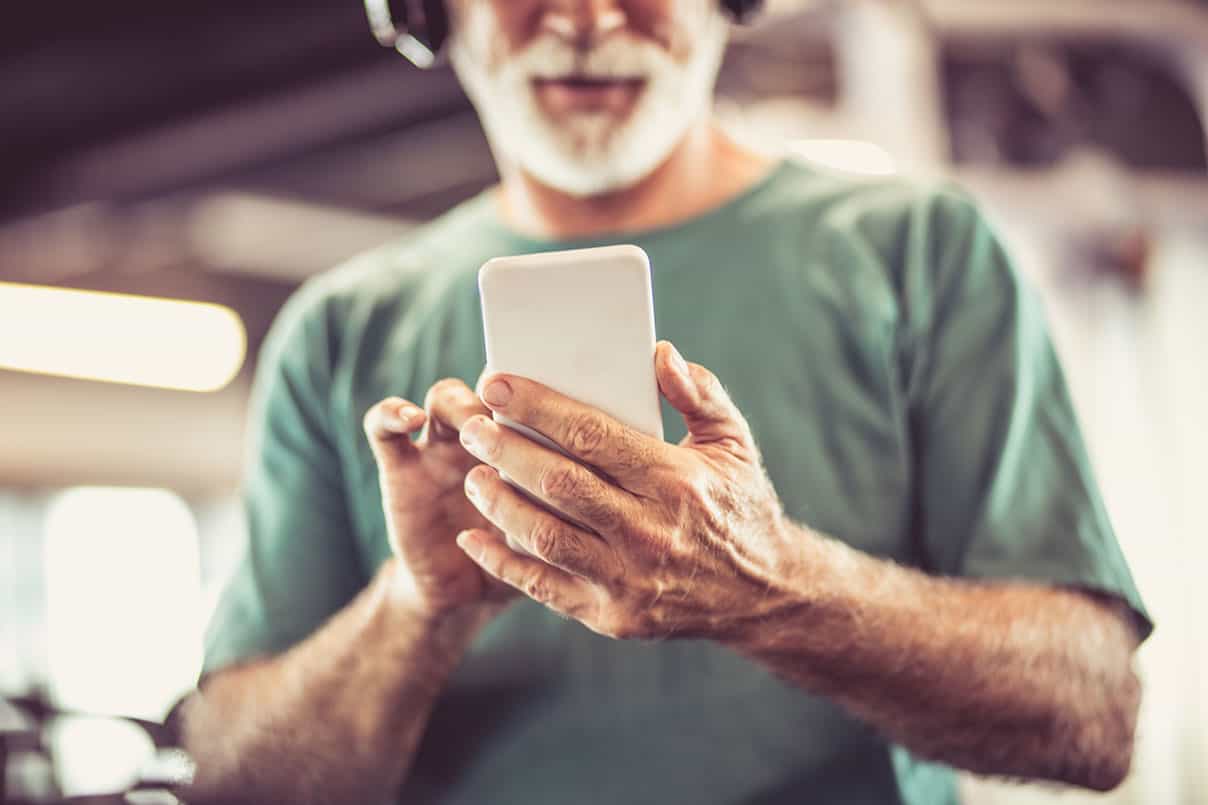Wearable Devices in Clinical Trials
Wearable devices, such as Fitbit, Garmin and Apple Watch have revolutionized the way people track their daily activity and monitor their health. These devices have become increasingly popular in recent years, and their impact has not gone unnoticed in the clinical trial industry. Clinical trials are crucial in the development of new treatments and drugs, and wearable devices have the potential to greatly enhance the data collected in these trials.
One of the main benefits of using wearable devices in clinical trials is that they provide continuous, real-time data on a subject’s activity and physiological responses. This can be especially valuable in trials for conditions such as heart disease, sleep disorders, and physical rehabilitation, as these conditions can be affected by a subject’s level of activity and physical exertion. Wearable devices can track metrics such as heart rate, steps taken, and calories burned, providing researchers with valuable insights into the effectiveness of a particular treatment or drug.
Another advantage of using wearable devices in clinical trials is that they can increase patient engagement and improve retention rates. Participants in clinical trials are often required to keep track of their symptoms and provide regular updates to researchers. Wearable devices can make this process much more convenient and less cumbersome, as they can automatically collect and transmit data to researchers. This can increase the likelihood of subjects staying engaged in the trial and providing valuable data over a longer period of time.
Wearable devices can also provide valuable data on subject behavior and lifestyle, which can have a significant impact on the outcomes of a clinical trial. For example, if a subject is participating in a trial for a sleep disorder, a wearable device can track the subject’s sleep patterns and provide data on the quality and duration of their sleep. This can help researchers to better understand the underlying causes of the disorder and develop more effective treatments.
One of the challenges in clinical trials is ensuring that the data collected is accurate and reliable. Wearable devices can help to overcome this challenge by providing objective, real-time data that is not subject to the same biases and inaccuracies as self-reported data. This can help to reduce the risk of false positive or negative results in the trial and improve the overall quality of the data collected.
Finally, wearable devices can also help to reduce the cost of clinical trials. Traditional clinical trials often require extensive data collection and monitoring, which can be time-consuming and costly. Wearable devices can automate many of these processes, reducing the need for manual data collection and allowing trials to be conducted more efficiently.
In conclusion, wearable devices such as Fitbit have the potential to greatly enhance the data collected in clinical trials and improve the overall quality of the trials. By providing continuous, real-time data, increasing subject engagement, providing data on subject behavior and lifestyle, ensuring accurate data collection, and reducing the cost of trials, wearable devices have the potential to revolutionize the way clinical trials are conducted. As wearable technology continues to advance, it is likely that we will see even more innovative ways in which these devices can be used in the clinical trial industry.
Also…text messaging has become a crucial tool in clinical trials, providing a convenient and efficient way to collect data, communicate with subjects, and monitor their progress. With text messaging, subjects can quickly and easily respond to questions, provide updates on their symptoms, and receive reminders and support from trial organizers. The ability to reach subject quickly and at any time has been shown to greatly increase subject engagement and retention rates in clinical trials. By using text messaging, clinical trials can be conducted more efficiently, with better quality data and improved outcomes. If you’re interested in learning more about how text messaging can benefit your clinical trial, please don’t hesitate to contact us. Our team of experts would be happy to discuss the many benefits of using text messaging in clinical trials and help you get started.








